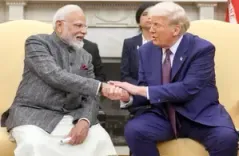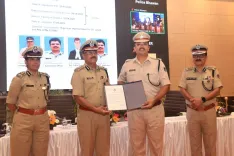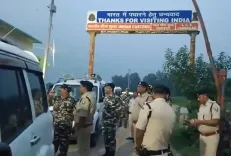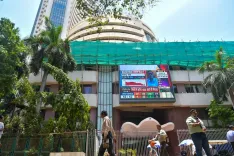Why is RLM Chief Upendra Kushwaha Advocating for Census and Delimitation?
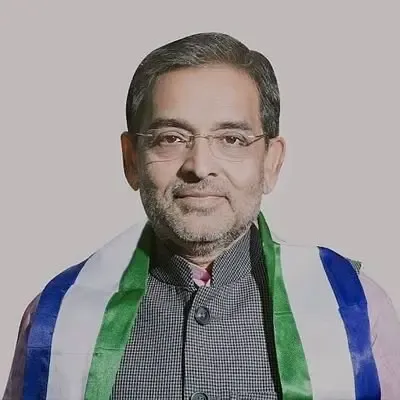
Synopsis
Key Takeaways
- Upendra Kushwaha advocates for urgent census and delimitation reforms.
- The current representation in Bihar is disproportionately low.
- Historical amendments have delayed essential electoral updates.
- This issue impacts various communities and is vital for fair representation.
- Upcoming elections could be influenced by this movement.
Patna, April 29 (NationPress) Rajya Sabha MP and Rashtriya Lok Morcha (RLM) leader Upendra Kushwaha has vocally criticized the persistent delays in census and delimitation, asserting that constitutional guidelines have been violated for years, negatively impacting states like Bihar and compromising the principle of equal representation.
While speaking to reporters, Kushwaha remarked: “The Constitution mandates a census every decade, followed by delimitation based on the updated population figures. This practice was adhered to until 1971. However, after the Emergency, unconstitutional amendments initiated a 25-year freeze on delimitation in 1976 through the 42nd Amendment.”
He pointed out that an additional 25-year extension further postponed delimitation, creating a staggering 50-year interval without revisions to parliamentary and assembly seat distributions.
“Had delimitation been conducted based on regular census updates, Bihar's representation in the Lok Sabha would have surged from 40 to over 60, and its assembly would boast more than the current 243 seats,” he declared.
Kushwaha condemned what he referred to as the “black law” enacted during the Emergency, which he claims continues to obstruct fair political representation for populous and expanding states like Bihar.
“Currently, in some states, 10 lakh voters elect one MP, whereas in Bihar, 30 lakh voters are represented by a single MP. This inequality undermines the very essence of equal suffrage,” he emphasized.
The RLM chief pledged to elevate this issue among the electorate ahead of the 2025 Bihar Assembly elections, spotlighting its disproportionate effects on various caste groups and everyday citizens.
“This is a significantly overlooked yet crucial issue in Indian politics. It impacts all communities. We aim to transform it into a grassroots movement in Bihar,” Kushwaha asserted.
He acknowledged that some MPs from southern states have recently highlighted the issue in Parliament, pressuring the Centre, while lamenting the relative silence of leaders from Bihar and northern states.
The RLM’s Valmikinagar session concentrated on two primary agendas: the long-overdue delimitation and preparations for the forthcoming Bihar Assembly elections.
Kushwaha reiterated that the struggle for representation and equality in democracy will be fundamental to the party’s campaign strategy.


